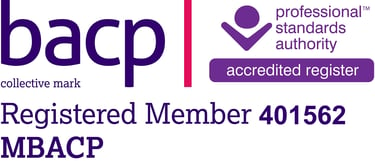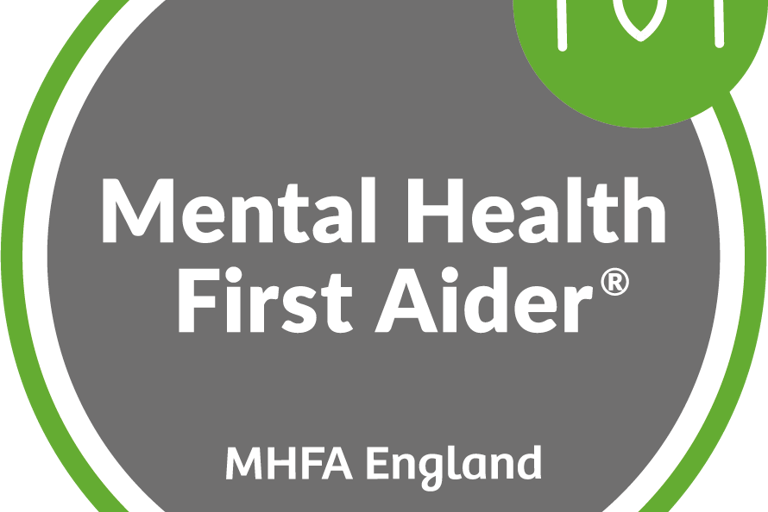Unlocking Your Thoughts: The Transformative Power of Journaling
6/27/20252 min read


Introduction to Journaling
Have you ever sat down and poured your thoughts onto paper? If not, let me introduce you to the transformative power of journaling. It’s not just about recording your daily events; it’s a therapeutic tool that can significantly aid your mental health journey. Whether you're trying to process emotions or simply make sense of life’s chaos, journaling can do wonders for your soul.
Why Journaling Works
So, you might be wondering, why does journaling have such a profound effect? Well, when you commit your thoughts and feelings to paper, you’re giving them a physical form. This act is a critical step towards self-reflection and evolving your understanding of your feelings. Not only does it help in organising your thoughts, but it also serves as a way to confront difficult emotions that you might not be ready to share with others.
Research suggests that expressive writing can improve mood, reduce anxiety, and even lead to better health outcomes. It’s your personal space—a judgment-free zone where you can express yourself freely and authentically. The beauty of journaling is that there are no rules! You can doodle, write poems, or simply list what’s on your mind. There’s immense freedom here, allowing for a unique therapeutic journey that is tailored to your needs.
How to Start Your Journaling Practice
Getting started doesn’t require a fancy notebook or the perfect pen; all you really need is a desire to explore your thoughts. Here are some tips to kick off your journaling practice:
Pick a Regular Time: Choose a specific time of day that works best for you—whether it’s first thing in the morning or before you go to bed.
Create a Comfortable Space: Find a cozy spot where you feel relaxed and inspired to write. Surround yourself with things that lift your mood.
Start Small: Don’t pressure yourself to write pages and pages. A few sentences can be incredibly powerful. You might even begin with prompts like “What made me smile today?” or “What am I grateful for?”
As you continue your journaling journey, you’ll likely find that your thoughts start to flow more freely. You might discover hidden patterns about your emotions or triggers that you didn’t notice before. Remember, it’s not about perfection; it’s about progress.
Conclusion
In conclusion, journaling is a simple yet effective tool that can enhance your therapeutic journey immensely. By making it a habit, you're taking an active role in understanding yourself better. So why not give it a try? Grab that notebook, find a quiet moment, and let those thoughts spill onto the page. Your mental health will thank you for it, and you might uncover new aspects of yourself along the way!






